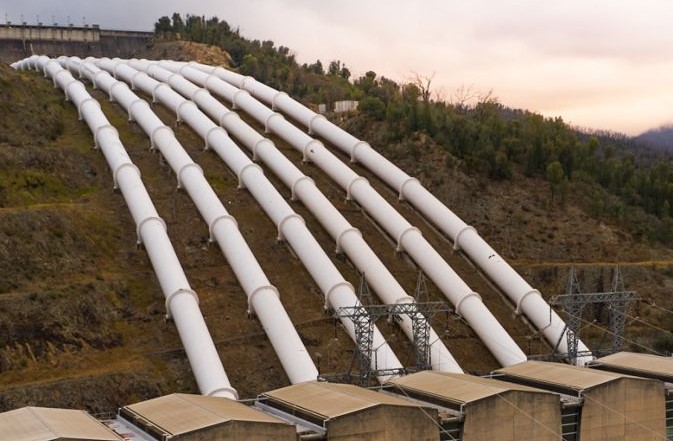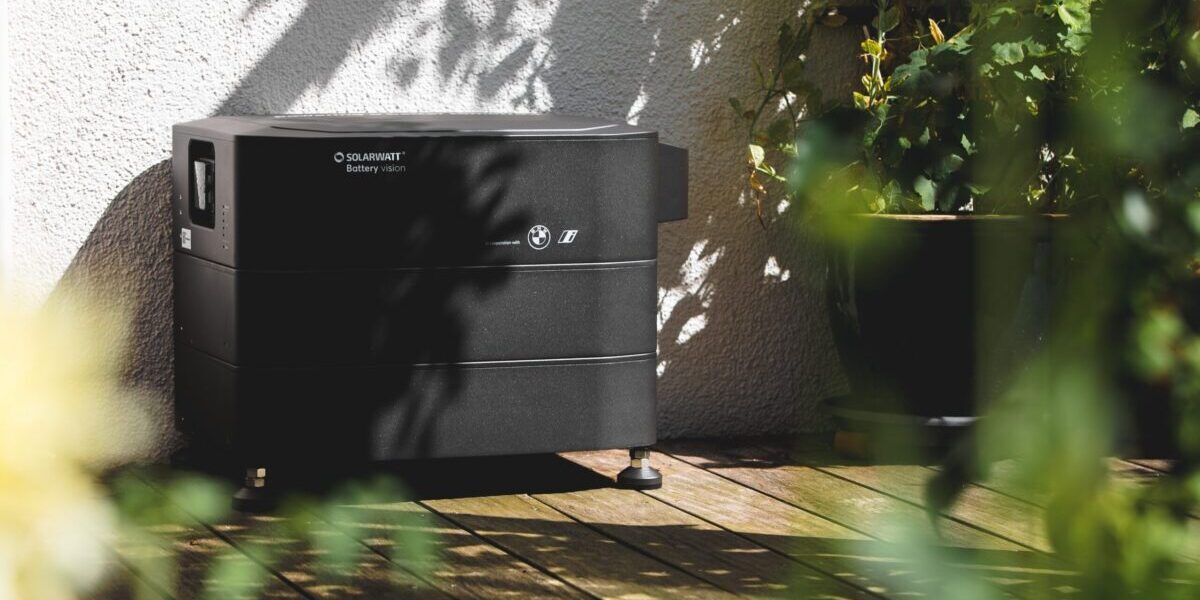Australian renewable energy developers Sunshine Hydro and Energy Estate have announced a new joint venture that will focus on the development of “several” large-scale pumped hydro energy storage projects in the Australian state of Victoria, with plans to integrate green hydrogen production and new renewable generation capacity.
The two companies, which announced plans earlier this year to develop a renewable energy “super-hybrid” project in Queensland, also confirmed they would be investigating other long-duration energy storage technologies, including flow batteries, solar thermal, compressed air, and hydrogen storage.
Sunshine Hydro Chair Michael Myer said the new venture was formed in response to the accelerated closure of Victoria’s coal-fired power plants and the support given by the state government for new sources of clean energy generation as part of its ambition to reach 95% renewables by 2035.
“Our aim is to replace the dispatchable capacity which will be lost once the coal-fired power stations in the Latrobe Valley retire and support the development of a green hydrogen industry in Victoria,” he said. “If the last few months have taught us anything it is that we need a lot more long-duration energy storage, not just to keep the lights on but to keep energy prices down. As we rapidly electrify and move away from fossil fuels, we need to all understand that building new large-scale deep energy storage is vital – for consumers and industry.”
The new venture builds on the existing partnership between the companies in Queensland, where they are jointly developing a “super-hybrid” project that will incorporate 1.8 GW of wind generation and 600 MW of pumped hydro with 18 hours of storage. The Djandori gung-i project, being developed in central Queensland, will also include 300 MW of hydrogen electrolysers, 50 MW of liquefaction, and a 50 MW hydrogen fuel cell. The two companies said they have secured the land for the Queensland project and expect to make a final investment decision in 2025, with energy production likely to start from 2028.
This content is protected by copyright and may not be reused. If you want to cooperate with us and would like to reuse some of our content, please contact: editors@pv-magazine.com.




4 comments
By submitting this form you agree to pv magazine using your data for the purposes of publishing your comment.
Your personal data will only be disclosed or otherwise transmitted to third parties for the purposes of spam filtering or if this is necessary for technical maintenance of the website. Any other transfer to third parties will not take place unless this is justified on the basis of applicable data protection regulations or if pv magazine is legally obliged to do so.
You may revoke this consent at any time with effect for the future, in which case your personal data will be deleted immediately. Otherwise, your data will be deleted if pv magazine has processed your request or the purpose of data storage is fulfilled.
Further information on data privacy can be found in our Data Protection Policy.